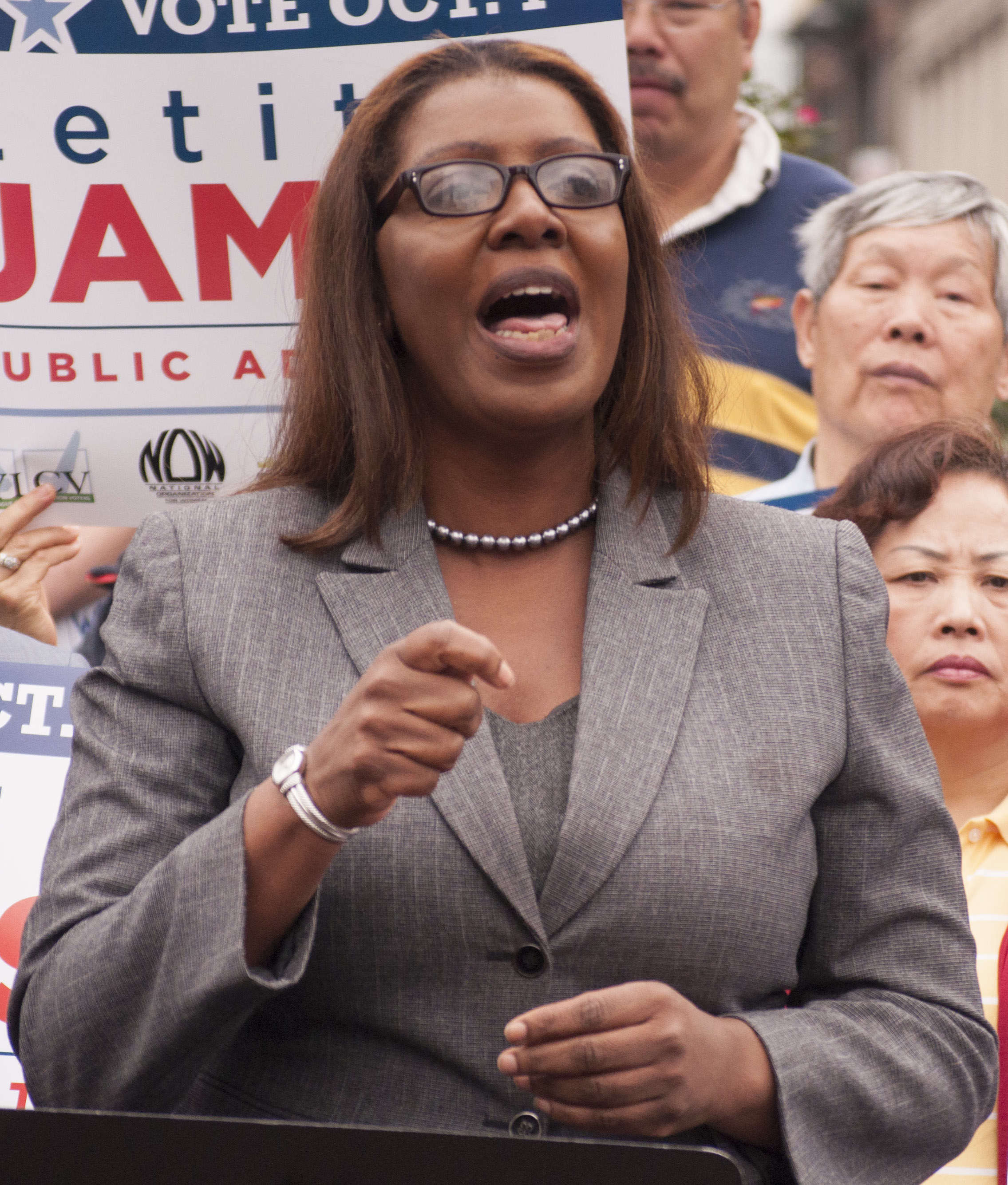FBI director reprimands, but does not remove, authors of anti-Catholic memo
FBI Director Admonishes Employees Involved in Controversial Memo Targeting Catholics
FBI Director Christopher Wray faced tough questioning during a Senate hearing regarding a memo that targeted certain Catholics. In response to Senator Josh Hawley’s inquiry about firing the individuals responsible for the memo, Wray stated that they had been “admonished.” However, this answer did not satisfy Republican lawmakers.
The memo, which was distributed internally by the FBI’s Richmond office and later retracted, drew backlash when a whistleblower made it public. It was described as a “threat assessment” of “radical-traditionalist Catholics,” attempting to link them to violent extremism. The memo cited real-life criminal suspects as examples.
Religious freedom advocates criticized the memo as a potential violation of the First Amendment and a smear against millions of Catholics in the United States. The House Judiciary Committee conducted an investigation into the memo, releasing a 30-page report that revealed the memo had undergone review processes and received approvals within the FBI.
During the hearing, Hawley repeatedly pressed Wray about firing the individuals involved in the memo’s creation. Wray clarified that while no one was fired, they had all been admonished and would face consequences in their annual performance reviews.
Concerns and Investigations
CatholicVote President Brian Burch expressed concerns about the extent of the memo’s reach, as it included data from field offices in other states. He called for answers regarding who was behind the effort to spy on Catholics, the scope of the operation within the FBI, ongoing investigations, and accountability.
The FBI conducted interviews with a priest and choir director affiliated with a Catholic church in Richmond as part of an investigation into one of the criminal suspects mentioned in the memo. The bureau clarified that these interviews were not conducted specifically for the memo but were related to an individual who had been arrested for possessing dangerous items.
The FBI acknowledged that the memo did not meet its standards and emphasized its commitment to upholding the constitutional rights of all Americans. The bureau stated that investigations are based on violence, threats of violence, and violations of federal law, not on First Amendment protected activity or religious practices.
The House Judiciary Committee spokesman confirmed that the interviews with the church leaders were conducted as part of the investigation that led to the creation of the memo. Whistleblowers alleged that the memo had been distributed nationwide, raising further concerns about the FBI’s actions.
Overall, the FBI’s handling of the memo has faced criticism, and calls for transparency and accountability continue.
Click here to read more from The Washington Examiner.
– What steps should the FBI and other law enforcement agencies take to address bias and regain public trust
Which revealed that it was created by two employees within the FBI’s Richmond office. The employees responsible for the memo were identified as Agent Peter Strzok and Attorney Lisa Page, both of whom were previously involved in the controversial investigation into the Trump campaign’s alleged collusion with Russia.
During the Senate hearing, Director Wray acknowledged the seriousness of the memo and stated that the employees involved had been “admonished.” He assured the lawmakers that appropriate action had been taken, but did not provide further details on the nature of the admonishment or any potential consequences for the individuals involved.
This response did not sit well with Republican lawmakers, who argued that mere admonishment was not a sufficient response to such a serious breach of trust. Senator Hawley, in particular, expressed his disappointment with the lack of accountability and suggested that the employees responsible should be fired.
The controversy surrounding the memo is further exacerbated by its targeting of a particular religious group. The memo specifically singled out “radical-traditionalist Catholics” and attempted to link them to violent extremism. This drew sharp criticism from religious freedom advocates, who argued that the memo not only violated the First Amendment but also perpetuated harmful stereotypes and prejudices against Catholics.
The House Judiciary Committee launched an investigation into the memo and its origins. The inquiry revealed that Agent Strzok and Attorney Page were the individuals responsible for its creation. This discovery raised concerns about potential bias within the FBI and the impact it may have had on other investigations conducted by the agency.
The memo controversy has once again ignited the debate about political bias within the FBI and its impact on the agency’s credibility. Republican lawmakers, in particular, have been critical of perceived bias within the FBI, viewing it as evidence of a larger problem within the law enforcement community.
In response to the controversy, religious freedom advocates and Catholic organizations have called for a thorough investigation into the matter and for appropriate disciplinary action to be taken against the employees responsible. They argue that such actions are necessary to restore public trust in the FBI and to ensure that individuals are not unfairly targeted based on their religious beliefs.
The memo controversy serves as a reminder of the importance of maintaining impartiality and adhering to the principles of fairness and equality when conducting law enforcement activities. It highlights the need for robust internal oversight and accountability measures within agencies like the FBI to prevent the abuse of power and protect the rights of all individuals, regardless of their religious or political affiliations.
Moving forward, it is crucial for the FBI and other law enforcement agencies to address any potential biases or prejudices within their ranks and to ensure that all employees are held to the highest standards of professionalism and integrity. Only by doing so can they regain the public’s trust and fulfill their mission of protecting and serving all Americans.
" Conservative News Daily does not always share or support the views and opinions expressed here; they are just those of the writer."





